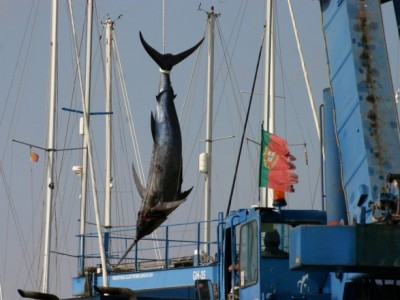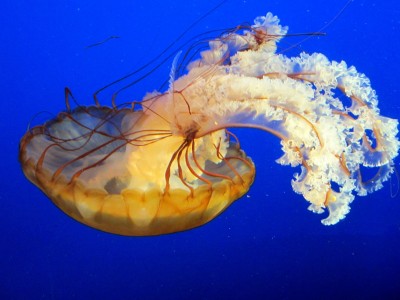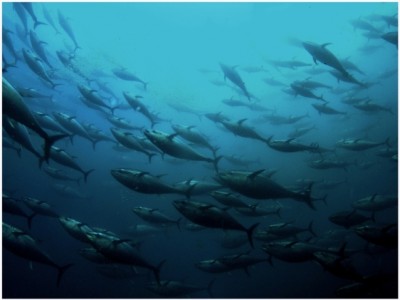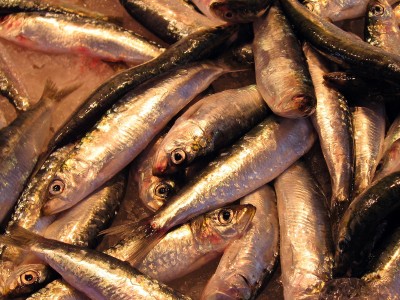Investigating ideal fishing conditions for tuna and swordfish in the U.S. northwest Atlantic ocean
Recently published in Fisheries Oceanography by Nereus Alumnus Andre Boustany (Duke University) and Principal Investigator Patrick Halpin (Duke University) was the study “Tuna and swordfish catch in the U.S. northwest Atlantic longline fishery in relation to mesoscale eddies”. This research looks at the effects of different variables on the catch of tuna and swordfish — including mesoscale eddies, which are a type of ocean current, sea surface temperature and fishing gear used.








